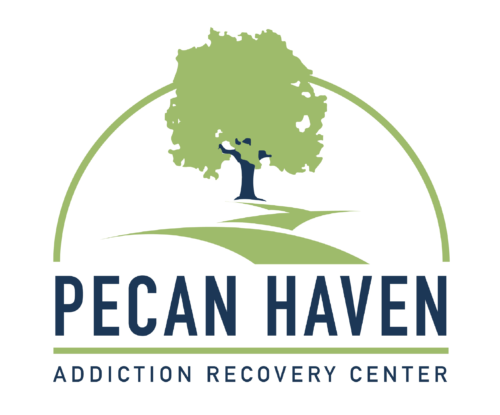If you’ve struggled with addiction and are currently pursuing recovery, first of all: congratulations. Recovery can be incredibly difficult, but it is always worth it. There’s so much more of life to enjoy when you’re not maintaining an addiction full-time!
However, if you’ve recently gotten out of treatment for addiction, you might find yourself in a particularly vulnerable state. If you were in an addiction treatment rehabilitation facility, your days were probably quite structured– you knew what to expect from the time you woke up until it was time for bed.
Out in the “real world”, things are a lot less structured, and a lot less predictable. Sometimes life can get overwhelming, and if your go-to in stressful situations has typically been substance use, it’s hard to know where to turn instead.
Medication and recovery
There are lots of reasons why we might reach for medications during our daily lives, from a headache to food poisoning. They exist for a reason– to help us.
It’s important to stress that you should always speak with your doctor about prescribed medications. Your doctor, as a medical professional, knows best when it comes to prescribing medication, especially if you’re open and honest about your struggles with substance abuse. Always defer to your doctor’s opinion– keep in mind that this article does not constitute medical advice!
However, there are certain over-the-counter medications that have the potential to put your recovery at risk, and you should be well-informed of these risks to help you make the best decisions for your future.
Part of the reason why it’s important to seek out this information is because some of the medications that could have serious negative implications for your recovery are seemingly innocent– but have secondary effects on the body that most people aren’t aware of.
What are some unexpected medications that I should avoid in recovery?
If you’re feeling under the weather, there are lots of medications you could reach for at the drugstore that promise to relieve your current symptoms.
However, it’s not widely known that many popular liquid medications contain alcohol.
If you’ve struggled with any kind of substance abuse, it’s probably best to avoid anything that contains alcohol, but this is especially true if alcohol was your substance of choice.
Some of the medications that contain alcohol include NyQuil liquid, Dramamine liquid, Imodium A-D liquid, and Tylenol Extra Strength liquid. While taking these in the short-term might help relieve your symptoms, it’s possible to develop a dependence on them– or possible that consuming even the small percentages of alcohol present in these liquid medications could trigger addictive behavior.
What other medications should I avoid in my recovery?
Googling this question will probably bring up long lists of prescription medications. These lists, while intended to be helpful, can be detrimental to your mental and physical health. Why? Because they list medications that should not be taken– sometimes including medications that are genuinely helpful for people with mental and physical health issues.
Of course, if your doctor prescribes you a narcotic pain medication, you should let them know that you’ve struggled with substance abuse; opiates in particular carry a high risk of dependency that can easily lead to relapse.
But if you have questions about other prescription medications and how safe they are to take in recovery, you should discuss the question with your physician. Make sure to be transparent about your recovery, and make a plan with your doctor.
In addition to being transparent with your doctor, you should also focus on building a solid recovery community. If you feel the urge to use addictive substances, you can always drop by a twelve-step meeting or give someone a call who understands. Taking these steps can become a great way to counteract those cravings and keep you on the right track.
What should I do if I’ve relapsed?
If you have experienced a setback in your recovery, don’t worry: it happens to the best of us, and there are some steps you can take. For immediate assistance or to seek treatment, give us a call at 318-600-3333. We’re here to help.
